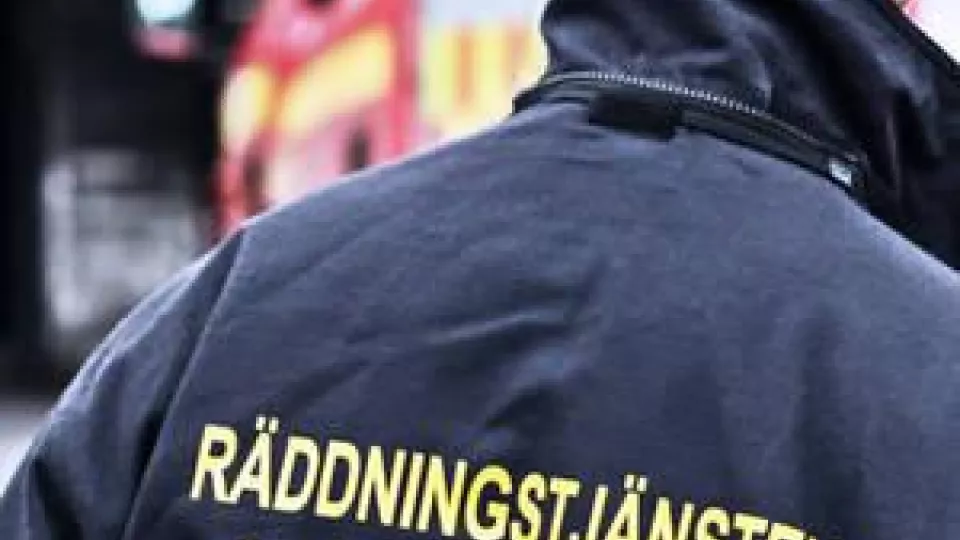A few years ago, you could read in the newspaper about how youths threw stones at the emergency services when they intervened in Rosengård in Malmö. The emergency crews were at a loss. What was actually going on? Räddningstjänst Syd decided to deal with the situation and today the picture is very different. Susanna Magnusson, researcher in strategic communication, has studied what turned the situation around.
In a society characterised by cultural diversity, in which issues of trust are becoming increasingly important, new demands and dilemmas emerge for organisational communication. Several years of social unrest and conflicts between the emergency services and stone-throwing youths in Rosengård culminated in 2008‒2009 in connection with the eviction of a basement mosque. Räddningstjänst Syd realised that something radical had to be done to regain the youths’ trust and to enable the emergency services to do their job properly. Over only a few years, they managed to bring about major changes in an organisation which was generally considered to be fairly resistant to change. According to Susanna Magnusson, one of the most important measures was the employment of fire and safety wardens to improve communication with youths and other residents of Rosengård. The wardens, who all had some kind of immigrant background, did a lot of foot work by knocking on doors and visiting the schools in the neighbourhood.
In her research, Susanna Magnusson did field work in the form of observations, study visits and interviews to identify the success factor in the wardens’ communication:
“Contrary to what many people believe, the wardens’ immigrant background is not the determining factor”, she says, warning against simplistic cultural arguments which highlight the differences more than the similarities between people. If you believe that an immigrant background on its own is the determining factor in communication, you risk reinforcing stereotypes about other groups rather than the opposite. Instead, she identified communication skills, good will, flexibility and a broad view of one’s task. In other words, social skills rather than multicultural skills. Susanna Magnusson was surprised by the ability of the fire and safety wardens to generate trust by finding common subjects of conversation. This could be speaking the same language, but equally the fact of having children the same age, for example. Today the positions of the fire and safety wardens have been made permanent and police officers, firefighters and emergency services staff from all over the country come on study visits to learn from Malmö’s emergency services.
Text: Ulrika Oredsson
About Susanna Magnusson and her doctoral thesis: On January 16 2015, Susanna Magnusson publicly defended her thesis, earning a PhD in Media and Communication Studies specialising in Strategic Communication. The external reviewer was Professor Øyvind Ihlen from Oslo University.
The thesis, “Att säkerställa att vi är välkomna – om organisationers strategiska kommunikation och förtroendeskapande arbete i det mångkulturella samhället” (“Ensuring that we are welcome – on organisational strategic communication and confidence-building work in a multicultural society”) is the first at the Department of Strategic Communication, Campus Helsingborg.


